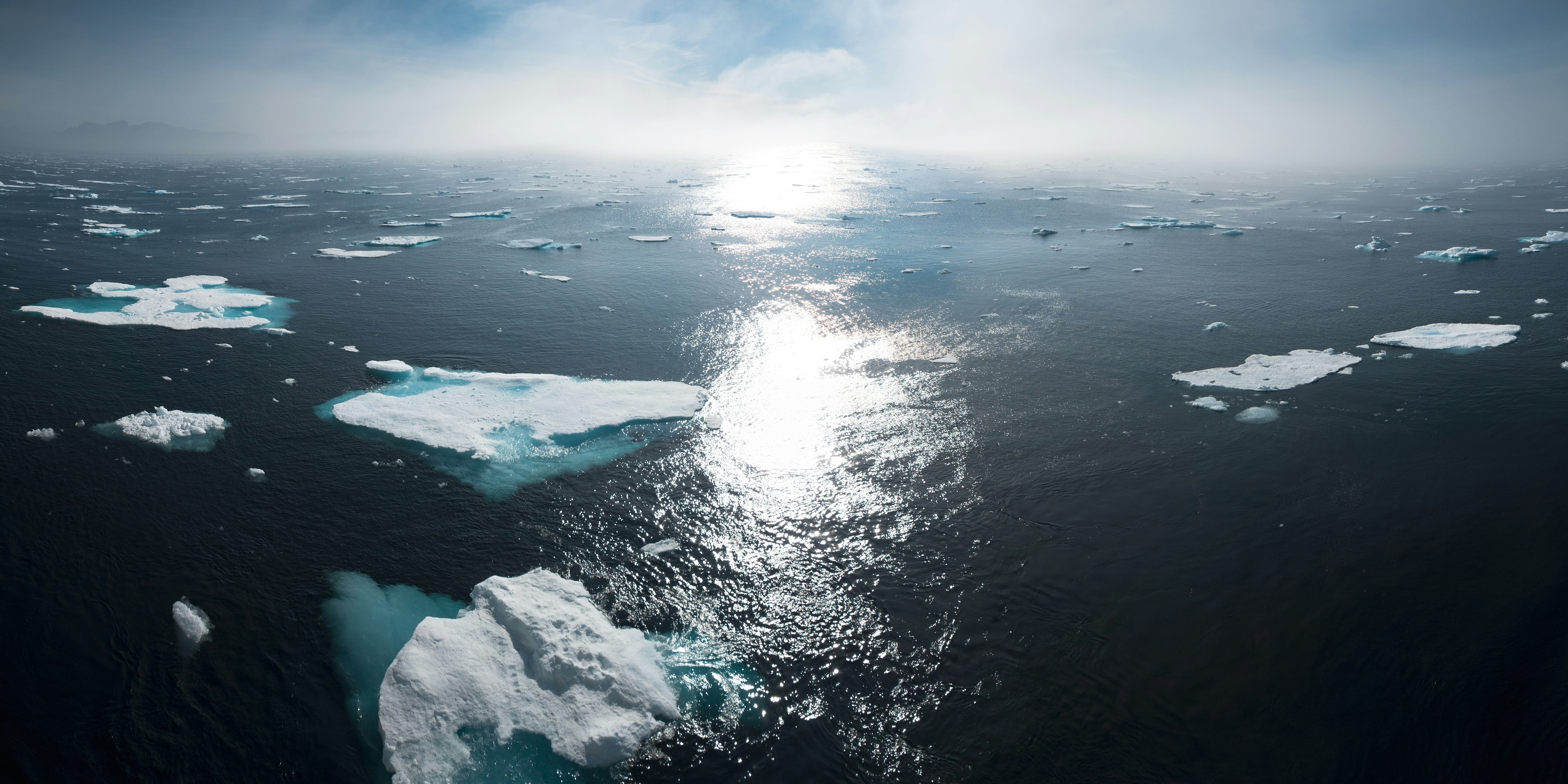How cities are tackling climate change


Get involved with our crowdsourced digital platform to deliver impact at scale
Stay up to date:
Future of the Environment
A new climate deal this year is unlikely to include enough money or emissions cuts to be effective but a surge of action outside governments could drive a more ambitious approach to tackling climate change, according to specialists.
Businesses and cities are coming up with innovative ways to deal with global warming such as technology to make storage and transmission of solar power cost-effective and a push by companies to end deforestation in their supply chains.
That puts them in a position to demand more from politicians, experts say.
“The spirit is growing to take action,” said Tasso Azevedo, former head of Brazil’s forest service and now a social entrepreneur, at the Skoll World Forum on Social Entrepreneurship.
Azevedo said until now “it has been easy for governments to stay paralysed” between pressure from environmentalists to do more on climate change and business warnings that action could damage the economy, but the tide was turning.
Last week mayors and other leaders of 35 cities around the world, including Johannesburg, Melbourne, Seoul and Paris, agreed to make commitments to reduce their climate-changing emissions and track those commitments.
David King, special representative for climate change at Britain’s foreign office, predicted there would be renewable energy, solar storage and smart grids in sunny parts of the world by 2020 as costs and technological barriers come down.
Global green energy investment topped $270 billion last year, a near 17 percent jump from 2013, a U.N.-backed report said recently.
Mary Robinson, former president of Ireland who runs a foundation focused on “climate justice” issues, said the surge in non-government action was expected to become a key pillar of efforts to build momentum at December’s U.N. climate negotiations in Paris.
She expected such action to unfold alongside a new global climate agreement, national commitments by governments, and promises of finance to help poor countries manage growing climate risks and develop cleanly.
An additional boost may come from a new set of international Sustainable Development Goals due to be agreed in September in New York with 12 of 17 proposed goals related to climate change.
Unlike the current Millennium Development Goals, which focus on reducing poverty and meeting basic needs in poor nations, the new goals will apply to all countries, and are likely to include targets on making consumption more sustainable worldwide.
The goals will come into effect in 2016, well ahead of the new climate change pact that begins in 2020, Robinson noted.
“No country at the moment has sustainable development – no country,” she said. “We can all start learning from each other.
“We need far more ambition from every country than we’re getting,” she said. “Paris is the beginning of a new game.”
Businesses are gaining confidence that climate-friendly solutions can be economically efficient, said Tomas Anker Christensen, senior advisor for partnerships in the U.N. Secretary-General’s office.
To persuade businesses to address deforestation, it had been important to get a critical mass on board first so none felt they were stepping too far ahead, he added.
If coalitions like that around deforestation can be built for other climate issues such as boosting uptake of renewable energy or making cities more climate-resilient, they could eventually “put governments a bit on the spot”, he said.
“We believe the biggest market forces can be unleashed if you do it collectively,” he said.
This article is published in collaboration with Thomson Reuters Foundation trust.org. Publication does not imply endorsement of views by the World Economic Forum.
To keep up with the Agenda subscribe to our weekly newsletter.
Author: Laurie Goering edits AlertNet Climate, the Thomson Reuters Foundation’s news website on the humanitarian and development impacts of climate change.
Image: Emissions from a city is shown at sunset. REUTERS.
Don't miss any update on this topic
Create a free account and access your personalized content collection with our latest publications and analyses.
License and Republishing
World Economic Forum articles may be republished in accordance with the Creative Commons Attribution-NonCommercial-NoDerivatives 4.0 International Public License, and in accordance with our Terms of Use.
The views expressed in this article are those of the author alone and not the World Economic Forum.
Related topics:
The Agenda Weekly
A weekly update of the most important issues driving the global agenda
You can unsubscribe at any time using the link in our emails. For more details, review our privacy policy.
More on Nature and BiodiversitySee all
Andrea Mechelli
May 15, 2024
Sha Song
May 8, 2024






